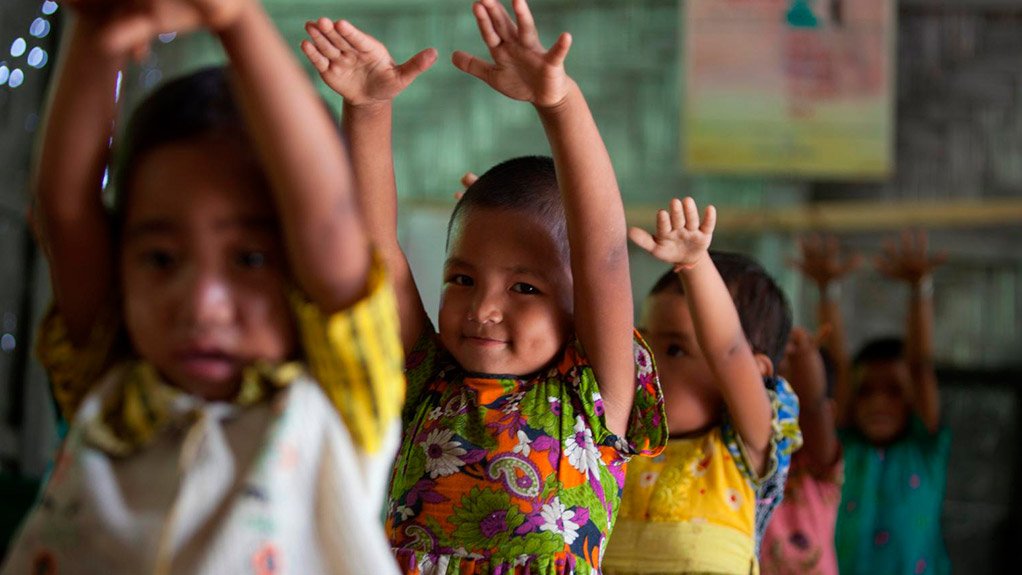/ MEDIA STATEMENT / The content on this page is not written by Polity.org.za, but is supplied by third parties. This content does not constitute news reporting by Polity.org.za.
In a joint briefing to members of the Western Cape Provincial Parliament this morning, representatives of both the Western Cape Department of Health and Wellness and the Western Cape Department of Social Development provided an update on ongoing efforts to combat malnutrition in children under the age of five. While there is much work ahead, encouraging progress has been made in reducing malnutrition during this crucial developmental stage.
The first 1000 days of a child’s life are crucial for their further development, and malnutrition during this period significantly raises the likelihood of infant mortality and can lead to long-lasting cognitive, physical, and chronic health issues that persist throughout life. While food insecurity remains an obvious challenge to the development of our children, family dynamics and the prevalence of diseases such as HIV/AIDS and TB also have their part to play in causing malnutrition in children. With this in mind, the Western Cape Government has taken a holistic approach across several departments to address this complex and important issue.
The Department of Health and Wellness has developed a comprehensive framework to monitor the growth and development of young children, and to identify the early stages of stunting, Severe Acute Malnutrition (SAM) and Moderate Acute Malnutrition (MAM). This allows healthcare workers the ability to identify at-risk children early, and to intervene if necessary. The Department has also worked to ensure that breastfeeding and skin-to-skin contact between mother and child are prioritised. Research shows that this simple measure is one of the best ways to prevent child malnutrition and mortality.
The Department of Social Development (DSD) has also worked with NPO partners to ensure that their feeding schemes target families with young children. The DSD’s Community Nutrition and Development Centres provide food relief to beneficiaries five days a week, reaching 10 000 beneficiaries per month. Community Based Kitchens funded by the Department also provide food relief to 85 000 beneficiaries per month. In total, more than 1.1 million quality, nutritious, cooked meals have been provided from the pandemic to present. Crucially, 80% of these targeted beneficiaries are women with children under the age of five.
While there is still more work to be done, data shows that progress is being made. The 2016 Stunting Baseline Survey indicated that stunting rates for children up to six months old stood at 32%, while the same rate in the Western Cape stood at 25.2%. Since that time, the Western Cape has improved its overall stunting rate for children under five from 27.4% in 2016 to 17.55% in 2023.
Speaking after the committee, DA Western Cape Spokesperson on Health Gerrit Pretorius said: “It is heartbreaking to see that stunting and malnutrition remains such an issue in our province, but I take comfort in the fact that real progress is being made in addressing the issue. By taking a targeted and holistic approach across multiple departments, the Western Cape Government is throwing its weight behind ending childhood malnutrition for good. More work remains ahead of us, but I am confident that there the right steps are being taken.”
Issued by Gerrit Pretorius, MPP - DA Western Cape Spokesperson on Health
EMAIL THIS ARTICLE SAVE THIS ARTICLE ARTICLE ENQUIRY
To subscribe email subscriptions@creamermedia.co.za or click here
To advertise email advertising@creamermedia.co.za or click here











